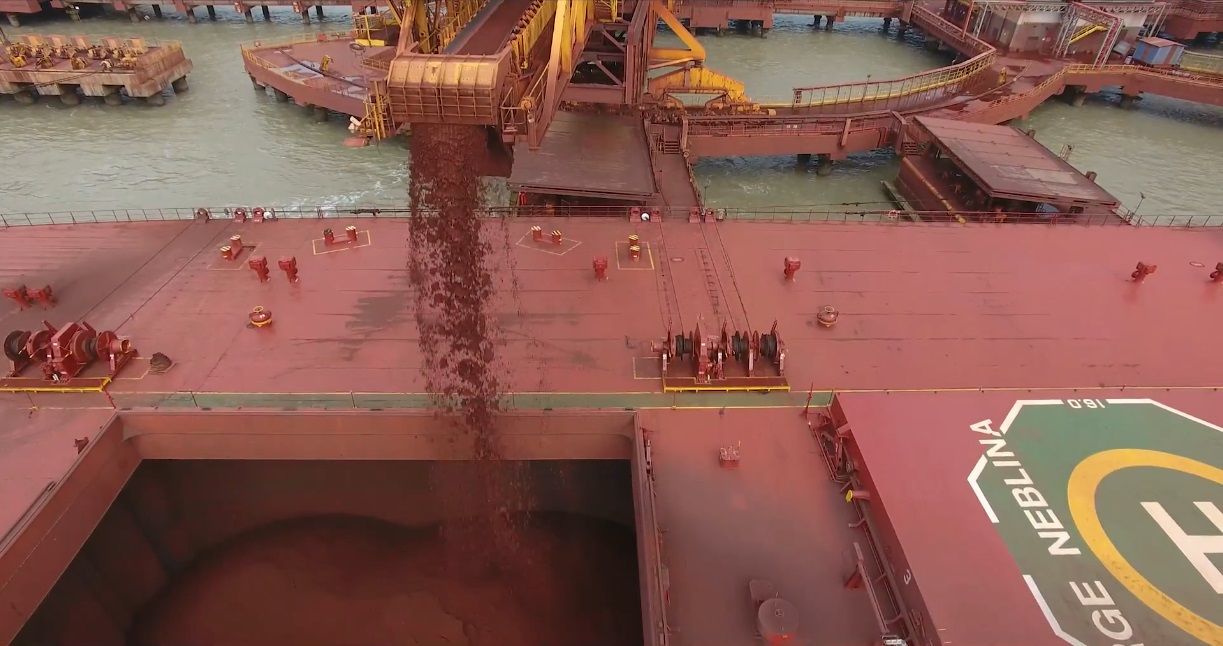Brazilian miner Vale, one of the world’s largest producers of iron ore, has won a basic design approval from classification society DNV for a multi-fuel tank that is capable of storing LNG, methanol, or ammonia.
The approval in principle verifies the technical feasibility of the design developed in partnership with Norwegian companies Brevik Engineering and Passer Marine, Vale said in a statement.
Based on this system, Vale plans to adapt its chartered vessels to store fuels such as LNG, methanol and ammonia in the future, the firm said.
Pilot project on Guaibamax
The multi-fuel tank design is part of the Ecoshipping program, developed by Vale to adopt new technologies and renew its fleet with the aim of reducing carbon emissions from shipping, it said.
A preliminary study for ships of the Guaibamax category estimates that emissions reductions can range from 40 percent to 80 percent when powered by methanol and ammonia, or up to 23 percent in the case of LNG, according to Vale.
Currently, dozens of second-generation very large ore carriers (VLOCs) already in operation, with 400 and 325 thousand tons of capacity, have been designed for future installation of an LNG system, including an under-deck compartment to receive a tank with capacity for the entire voyage, Vale said.
Having received the approval for the multi-fuel tank design, Vale aims to develop a pilot project in the coming months for the implementation of this system on a Guaibamax.
The firm did not provide any additional information regarding the project.
Slashing emissions
Vale said it has announced investments of up to $6 billion since 2020 to reduce its scopes 1 and 2 emissions by 33 percent by 2030.
The company has also committed to a 15 percent reduction in scope 3 emissions by 2035, related to the value chain, of which shipping emissions are part, since it does not own the ships.
“The multi-fuel tank system removes some of the main barriers to the adoption of alternative fuels, which include regulatory and infrastructure uncertainty in defining the optimal fuel,” Vale’s shipping technical manager, Rodrigo Bermelho, said in the statement.
“It is a solution for the future, but one that could also impact existing ships, many of which have more than 20 years of service life ahead of them,” Bermelho said.
“Allied to other energy efficiency technologies in progress at Vale, such as rotating sails and air lubrication, it allows us to have more efficient vessels with very low carbon emissions,” he added.

